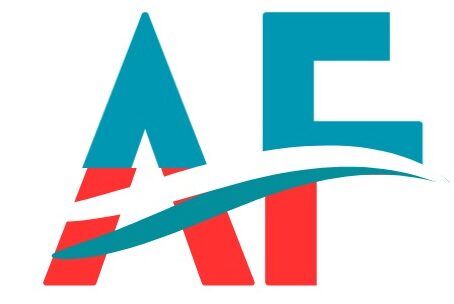In the digital age, the rise of online banking has transformed how we manage our finances, offering unprecedented convenience and accessibility. However, this transformation has also brought significant challenges, particularly in the realm of online scams. Notably, two pioneering digital banks, Revolut and Starling, are urging social media platforms to take more responsibility in combating these fraudulent activities. This post delves into the implications of this call to action, the role of social media in perpetuating scams, and the potential impact on consumers and the banking sector.
The Digital Banking Landscape
Over the past decade, digital banks like Revolut and Starling have revolutionized the banking experience. They offer seamless banking solutions, from instant payments to budgeting tools, appealing to a tech-savvy demographic. However, with the growth of these platforms has come an increase in scams, often facilitated by social media channels. Fraudsters exploit these platforms to target unsuspecting users, leading to significant financial losses and emotional distress.
The Role of Social Media in Online Scams
Social media platforms have become breeding grounds for online scams. With millions of active users, these platforms provide fertile ground for fraudsters to spread misinformation and execute schemes. Whether through fake investment opportunities, phishing scams, or impersonation, the tactics employed by scammers are diverse and sophisticated. Unfortunately, many victims often fail to report these incidents, believing that their cases are isolated or not serious enough to warrant action.
Revolut and Starling’s Call to Action
Recognizing the urgent need for change, Revolut and Starling are advocating for social media companies to adopt more stringent measures against scams. They argue that these platforms have a responsibility to protect their users from fraudulent activities. This includes improving the monitoring of content, implementing better reporting mechanisms, and collaborating with financial institutions to enhance consumer education.
By holding social media platforms accountable, Revolut and Starling hope to create a safer online environment for their users. This move not only seeks to protect consumers but also aims to bolster trust in digital banking, which is essential for the continued growth of the sector.
The Impact of Online Scams on Consumers
Online scams can have devastating consequences for victims. Financial losses are often just the tip of the iceberg; victims may also suffer from emotional trauma and loss of trust in financial institutions. In an era where financial security is paramount, the repercussions of scams can extend beyond individual losses to undermine consumer confidence in digital banking as a whole.
Additionally, the proliferation of scams can lead to increased regulatory scrutiny for financial institutions. If social media platforms fail to address these issues adequately, banks may face higher compliance costs and reputational damage. Therefore, it is in the best interest of both digital banks and social media companies to collaborate in the fight against online scams.
Collaborative Solutions
To effectively tackle online scams, a multi-faceted approach is required. This includes collaboration between financial institutions, social media platforms, and regulatory bodies. Here are some potential solutions:
- Enhanced Reporting Systems: Social media platforms should develop user-friendly reporting systems that allow individuals to report suspicious activities quickly. This can facilitate faster responses to scams and aid in identifying trends.
- Consumer Education Programs: Digital banks can partner with social media platforms to create educational resources that inform users about common scams and how to protect themselves. Workshops, webinars, and informational posts can help raise awareness.
- Fraud Prevention Technology: Investing in advanced technology, such as artificial intelligence and machine learning, can help social media platforms detect and block fraudulent content before it reaches users.
- Shared Intelligence: Establishing a shared intelligence network between financial institutions and social media companies can improve the identification of scams. By sharing data on fraudulent activities, both parties can develop better preventive measures.
- Regulatory Frameworks: Governments should consider implementing regulations that require social media platforms to take active measures against scams. This can include penalties for failure to address fraudulent activities adequately.
The Future of Digital Banking and Social Media
As digital banking continues to evolve, the relationship between banks and social media platforms will play a critical role in shaping the landscape of online finance. With increasing reliance on digital platforms for financial transactions, it is essential to prioritize security and consumer protection.
The actions taken by Revolution and Starling serve as catalysts for change in the industry. By advocating for accountability among social media platforms, these banks are not only protecting their customers but also promoting a safer online environment for all.
The call for social media platforms to be held accountable for online scams is a necessary step in safeguarding consumers in the digital banking era. As fraud continues to evolve, collaboration between digital banks and social media companies will be crucial in creating effective solutions. By prioritizing consumer safety and enhancing fraud prevention measures, we can work towards a future where digital banking is not only convenient but also secure.
In summary, the fight against online scams requires collective action. As Revolution and Starling lead the charge, other financial institutions and social media platforms must follow suit. Together, we can create a safer digital landscape for consumers and ensure the continued growth of digital banking.
AFRIPOPULA

